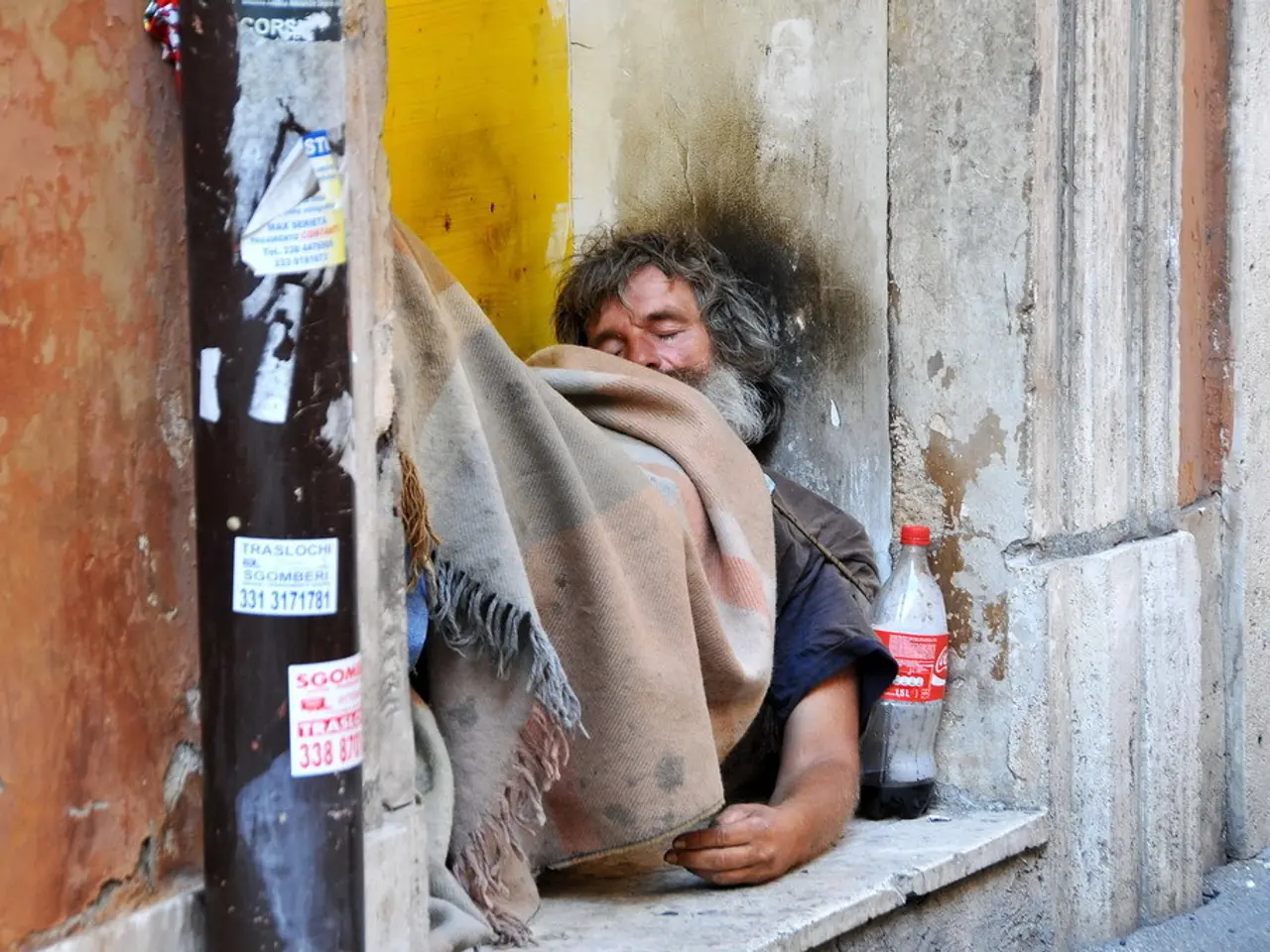Indoor and Outdoor Spaces Equally Pose Threat of Hypothermia Risk
Hypothermia is a dangerous drop in core body temperature, often resulting from prolonged exposure to the cold. This medical emergency can be fatal, and thousands of people die each year in the United States from hypothermia - many of these deaths are preventable.
Older adults, young children, and people with inadequate heat, food, and clothing are at greater risk of getting hypothermia. However, the risk is not limited to these groups. People who remain outdoors for long periods, those without basic shelter, those participating in outdoor work or sports, those who are mentally ill, and people dependent on drugs and alcohol are also at a greater risk.
High-risk groups also include patients with neurological impairments, those undergoing surgery with anesthesia, people with metabolic or muscle wasting conditions, and newborns facing certain medical complications. Individuals with impaired temperature perception or thermoregulation, due to neurological conditions, comorbidities, medications, or autonomic dysfunction, are also at a higher risk.
The early signs of hypothermia can be subtle but are crucial to recognise. Shivering is an initial sign in adults, while cold, bright red skin is a symptom in infants and children. Other symptoms include exhaustion or feeling very tired, confusion, slurred speech, fumbling hands, low energy, and drowsiness in adults.
If you suspect hypothermia, it's essential to act quickly. Dr. Waters recommends removing wet clothing when dealing with hypothermia. Seek medical attention immediately, as hypothermia is a medical emergency.
It's important to note that hypothermia can occur even at room temperature under certain conditions. Hypothermia can happen indoors in as little as 10 or 15 minutes if the temperature settings are cold enough.
Stay safe this winter by being aware of the risks and symptoms of hypothermia. If you or someone you know is at risk, take precautions to stay warm and seek medical help if necessary.
- Maintaining a healthy environment, including a warm home, is crucial for preventing hypothermia during winter.
- Proper nutrition and access to food are essential elements to support overall health and fight against the effects of cold weather.
- Engaging in sports or activities outdoors during colder months can be enjoyable but may increase the risk of developing hypothermia.
- The weather should be closely monitored during winter to stay informed about potential drops in temperature that may pose a risk for hypothermia.
- In the realm of environmental science, it's crucial to study and understand how climate change can impact weather patterns and, consequently, the risk of hypothermia.
- A clean and safe workplace is essential for maintaining workplace-wellness, which is crucial in preventing conditions like hypothermia.
- Adequate medical help is necessary for treating various medical conditions, such as chronic diseases, cancers, respiratory conditions, digestive health issues, eye health problems, hearing disorders, and skin conditions that can make an individual more susceptible to hypothermia.
- Mental health plays a significant role in an individual's overall well-being, as mental illness can impact an individual's ability to recognize and respond to the signs of hypothermia.
- Men's health encompasses a wide range of issues, including cardiovascular health, and understanding the associated risks can help prevent complications like hypothermia.
- Women's health is crucial in ensuring a healthy pregnancy and childbirth; women who face complications, such as certain medical conditions, may be more at risk for developing hypothermia.
- Aging can have profound effects on the body, making older adults more susceptible to medical emergencies like hypothermia.
- In the realm of medical treatments and therapies, it's vital to be aware of any potential side effects that could increase the risk of hypothermia.
- The field of science continues to evolve our understanding of autoimmune disorders, which may play a role in an individual's risk of developing hypothermia.
- Taking care of one's skin is essential for overall health, as skin conditions can make an individual more vulnerable to the cold weather, potentially leading to hypothermia.
- Health and wellness encompass various aspects of life, including fitness and exercise, which can help individuals build up a tolerance to cold weather and reduce the risk of hypothermia.
- The environment plays a significant role in overall health and wellness, as poor air quality, contaminated water, and exposure to chemicals can impact an individual's immune system, making them more susceptible to hypothermia.
- Finance plays a crucial role in is access to adequate housing, food, and clothing, which are all vital elements in preventing hypothermia.
- Personal finance management is essential in planning for winter season expenses, ensuring individuals have the necessary resources to remain warm and healthy during the colder months.
- Technology advancements have opened up opportunities for remote work and studying, which can help reduce exposure to cold weather and subsequently the risk of hypothermia.
- Relationships play a significant role in overall health and self-care, as social support can help individuals cope with stress, which may in turn help prevent medical emergencies like hypothermia.
- Traveling during winter months can expose individuals to colder temperatures, increasing the risk of developing hypothermia.
- Education and self-development can provide individuals with the knowledge and skills necessary to prevent and respond to hypothermia.
- Proper skin care is essential for maintaining good eye and hearing health during winter, as dry skin can lead to issues in these areas.
- Developing a healthy lifestyle, including a balanced diet, regular exercise, and stress management techniques, can help boost the immune system and reduce the risk of medical emergencies like hypothermia.




